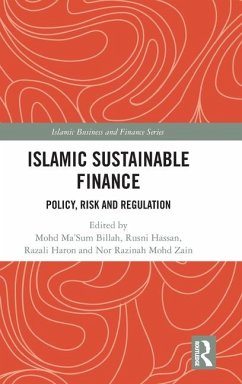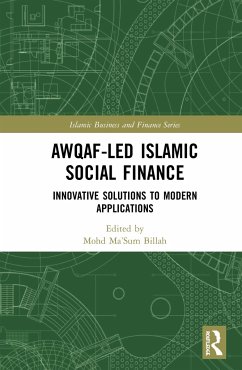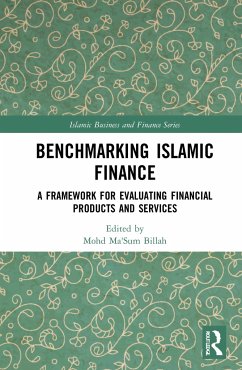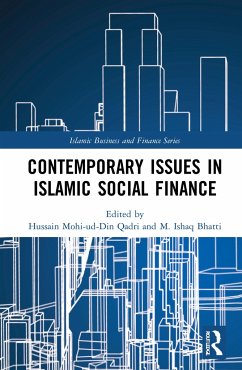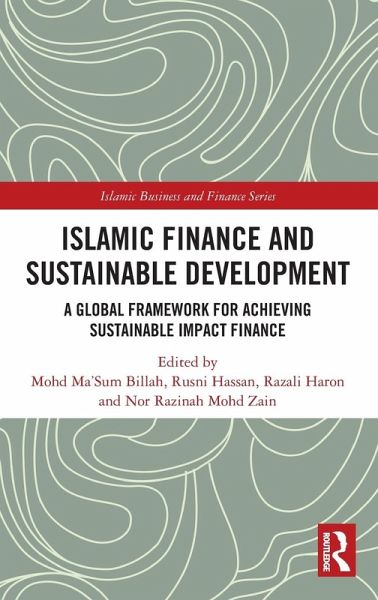
Islamic Finance and Sustainable Development
A Global Framework for Achieving Sustainable Impact Finance
Herausgeber: Billah, Mohd Ma'Sum; Haron, Razali; Hassan, Rusni

PAYBACK Punkte
86 °P sammeln!
This book offers an expansive overview of the relevant issues, global initiatives and trends in the management, governance, and operation of Islamic sustainable impact finance. It identifies the models and mechanisms required to achieve sustainable impact finance in the context of Islamic investment and project development.





